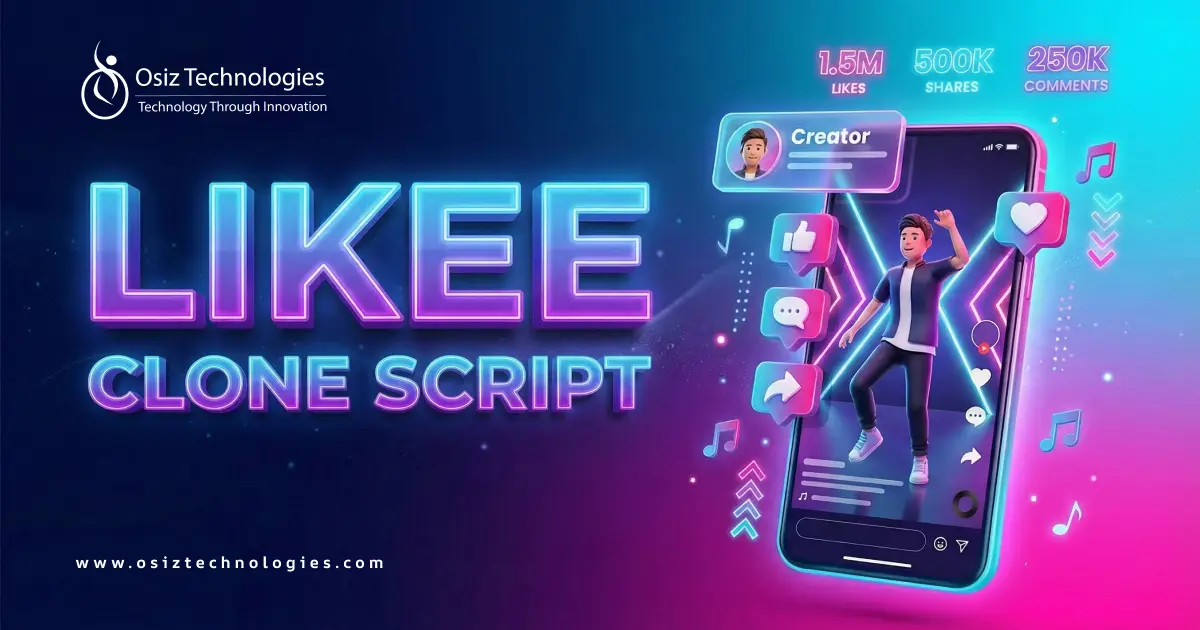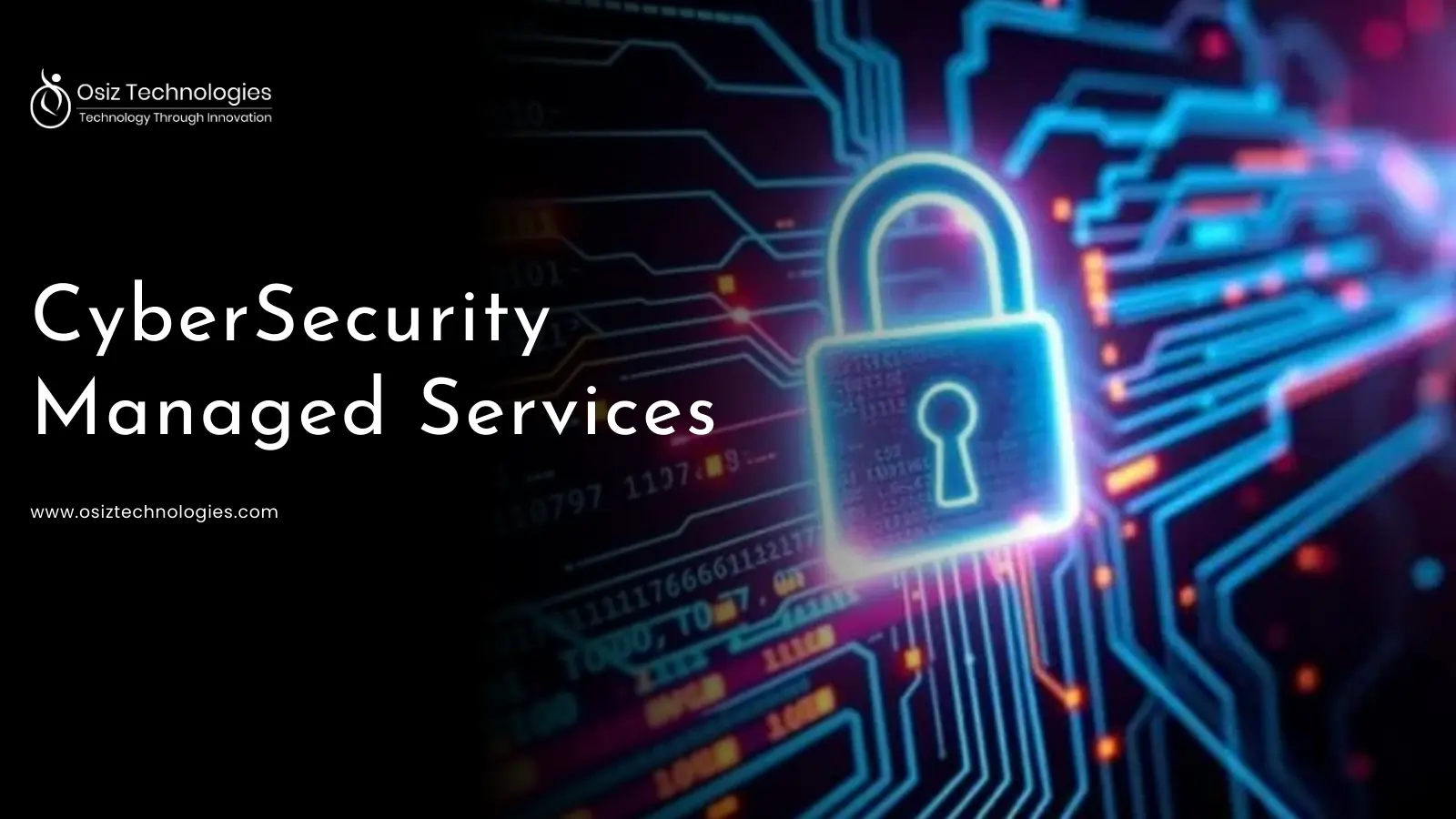Blockchain Intellectual property
Blockchain can safeguard intellectual property by offering a decentralized, transparent, and tamper-resistant platform. Blockchain ensures undeniable proof of creation and ownership, and provides reliable and verifiable records for creative works, by using features like immutable ledgers and smart contracts.
Applications to Protect Blockchain Intellectual Property
Blockchain technology has immense potential for transforming intellectual property (IP) management. Its applications extend across various IP domains, including patents, trademarks, and other IP rights.
-
Proof of ownership
-
Establish an IP Marketplace
-
Evidence of IP Rights Usage
-
Version control in IP of assets
-
Unregistered IP rights
Benefits of Blockchain Intellectual Property Protection
There are several impressive benefits of leveraging blockchain to protect intellectual property. They are,
Unlike the time-consuming Copyright Office registration process that can span weeks or even months, artists can swiftly upload their works to blockchain platforms.
Blockchain provides copyright holders with enhanced authority over their creations, particularly in the realm of digital art.
Creators can globally oversee and safeguard their intellectual property without being dependent on centralized authorities.
Blockchain Intellectual Property working process
The key users of blockchain and intellectual property are,
Patent Creators - Owner of the original data.
Patent Consumers - Consumers who support the creator's work.
Copyright Managing Entitles - Authority that protects the intellectual property.
Working process:
Step 1 - Creators sign-up process
Creators sign up to patent their work. There is a guarantee of zero data disclosures.
-
Name
-
Address
-
Contact No
-
Date of Birth
-
Designation
Step 2 - Creators upload their IP on the blockchain network
After successfully signing up on the blockchain platform, creators can add their intellectual property, followed by the inclusion of a patent application. The creator can conveniently apply for the patent and upload all relevant information relevant to their intellectual property on the network.
-
Name of the creator
-
Name of the owner
-
Title
-
Keywords
-
Abstract
-
Classification
Step 3 - The consumer raises a request to use the work
Consumers interested in accessing the content can join the platform by registering their profiles on the blockchain-based IP protection platform. Following verification, they can request access to creators' patented content.
To ensure secure and transparent access, a smart contract is automatically generated upon creator approval. This smart contract defines the terms, including any fees or tokens required for access. Once the creator approves the request and the smart contract is signed, a non-disclosure agreement (NDA) is automatically generated and signed as well, ensuring all parties are aware of and have agreed to the agreed-upon terms and conditions.
Step 4 - Patent Management entities enter the blockchain network
Despite the platform's efforts to facilitate secure transactions, disputes can arise in certain scenarios:
-
Confidentiality breaches
-
Authorship disputes
-
Unauthorized IP transfers
-
Misuse of defensive publications
In such instances, creators can leverage the platform's built-in dispute resolution mechanisms. This may involve:
Reporting the issue to the relevant patent office
Consulting a lawyer on the blockchain network
By leveraging the platform's features and functionalities, creators can effectively address potential disputes while ensuring the security and authenticity of their intellectual property.
Blockchain Copyright Protection in Different Countries
The potential of blockchain technology in IP management is attracting global attention, with various countries exploring its applications:
Europe: Major government agencies and IP registries, like the European Union Intellectual Property Office (EUIPO), are actively researching and promoting the use of blockchain within the sector.
India: The Indian Patent Office (IPO) is embracing innovation, leveraging blockchain alongside technologies like AI and IoT to streamline and expedite the patent process. Furthermore, the country is planning a comprehensive ecosystem powered by blockchain and AI, aiming to create a more efficient, transparent, and faster system for managing IP protection.
United States: The US is actively exploring blockchain's potential to protect American businesses from intellectual property theft. The US Customs and Border Protection (CBP) and the Department of Homeland Security's Science & Technology Directorate have collaborated on a proof-of-concept (PoC) for a blockchain platform focused on import testing. This platform aims to utilize encrypted keys to safeguard trade secrets and personal data while leveraging the immutable nature of blockchain technology as an auditable record of all trade transactions.
Thailand: Recognizing the potential of blockchain, the Ministry of Commerce in Thailand initiated a feasibility study to explore its implementation within IP registration. The Thai Trade Policy and Strategy Office (TPSO), in collaboration with the British Embassy, analyzed the study and is developing action plans to translate its findings into concrete initiatives for further development.
How does Osiz help you in protecting your Blockchain IP Address?
Osiz is a leading blockchain development company, we help businesses in various industries to develop, deploy, and upgrade blockchain networks. Our experienced R&D department runs multiple tests on blockchain and intellectual property by working along with patents where the creators can upload their works and commercialize them in return for a fee.
Get in touch with us and we help you to protect your blockchain IP rights.
Listen To The Article
Recent Blogs

Avail
30% Off












